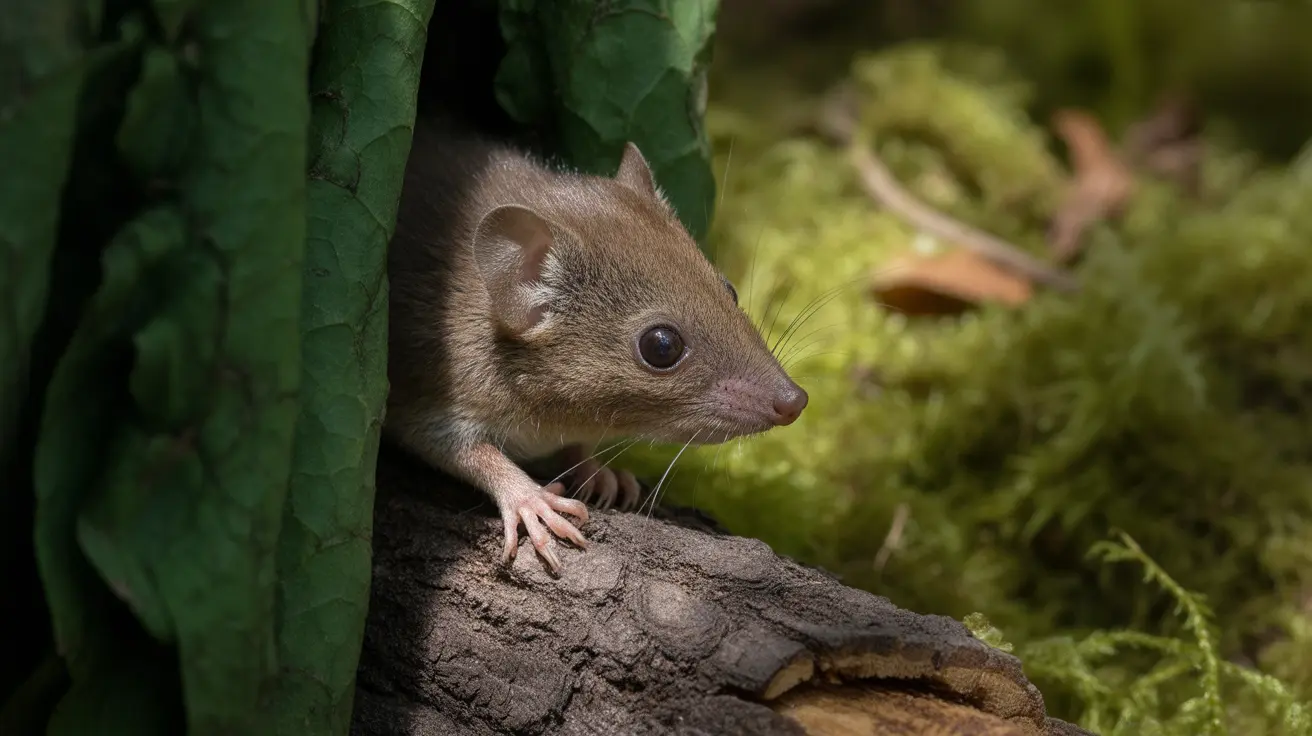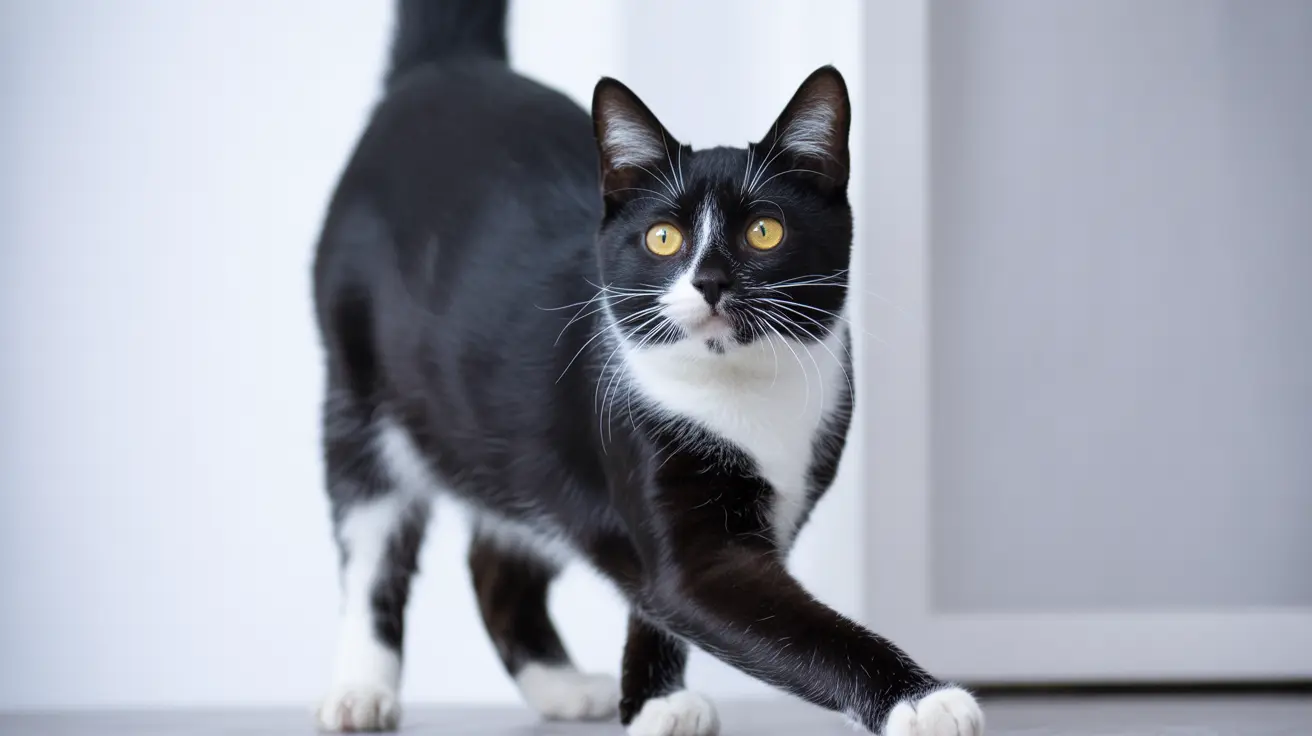When Is It Safe to Touch Newborn Kittens?
Handling newborn kittens might be tempting, especially with their tiny paws and soft fur. However, knowing the right time to touch them is essential for their well-being and to maintain the trust of their mother. This article explores when it’s safe to touch kittens, the risks of handling them too early, and how to do so properly.
Understanding the Early Life of Kittens
Newborn kittens are delicate and entirely dependent on their mother during the first days of life. They are born blind, deaf, and nearly immobile. Their initial weeks focus on feeding, staying warm, and bonding with their mother.
The Crucial First Week
During the first 7 days after birth, it’s advisable to avoid touching kittens unless absolutely necessary. At this stage:
- Kittens are vulnerable to temperature changes and germs.
- Handling can stress the mother, possibly causing her to reject or harm her offspring.
- Kittens are building immunity from their mother’s milk and need minimal external interference.
When Can You Start Touching Them?
Generally, you can start gently handling kittens at 2 weeks old. Signs it may be the right time include:
- The kittens have opened their eyes and show awareness of their surroundings.
- They’re feeding well and appear healthy.
- The mother cat is calm and doesn’t react aggressively to your scent or presence.
Before approaching, ensure your hands are clean and warm to avoid transmitting bacteria or causing a cold shock.
Best Practices for Handling Kittens
Once it’s safe to touch, proper technique helps build trust and avoids injuries.
- Wash your hands with mild soap.
- Be gentle and avoid sudden movements.
- Limit sessions to a few minutes at first.
- Support their whole body while lifting them.
- Never separate the kittens too long from their mother.
Monitor the Mother’s Reaction
Pay close attention to the behavior of the mother cat. A calm, relaxed mother is a good sign you can interact briefly with her kittens. Signs of distress in the mother include:
- Growling or hissing when you approach.
- Relocating her kittens away from you.
- Reduced feeding or grooming of her kittens.
Special Circumstances That May Require Early Handling
Sometimes early intervention is required, particularly with orphaned or sick kittens. In such cases:
- Use sterile gloves or wash hands thoroughly.
- Keep the environment warm and quiet.
- Follow veterinary guidance closely.
Premature or abandoned kittens may need human care from day one, including feeding needs and warmth.
Gradual Socialization
Kittens benefit from gentle human interaction as they grow. Early, gradual socialization can help them mature into well-adjusted adult cats. Between 2 to 7 weeks, slowly increasing gentle handling introduces them to human touch and voice.
Key Takeaways
- Avoid touching kittens in their first week unless necessary.
- Around 2 weeks of age is typically safe for initial handling.
- Always observe the mother cat’s cues before handling kittens.
- Practice proper hygiene and careful technique during every interaction.
- Handle kittens regularly but gently to aid their social development.
Conclusion
Waiting until kittens are about two weeks old before handling them is best for their health and development. Being patient, gentle, and respectful of the mother cat’s instincts ensures a smooth and rewarding experience for both humans and felines.





